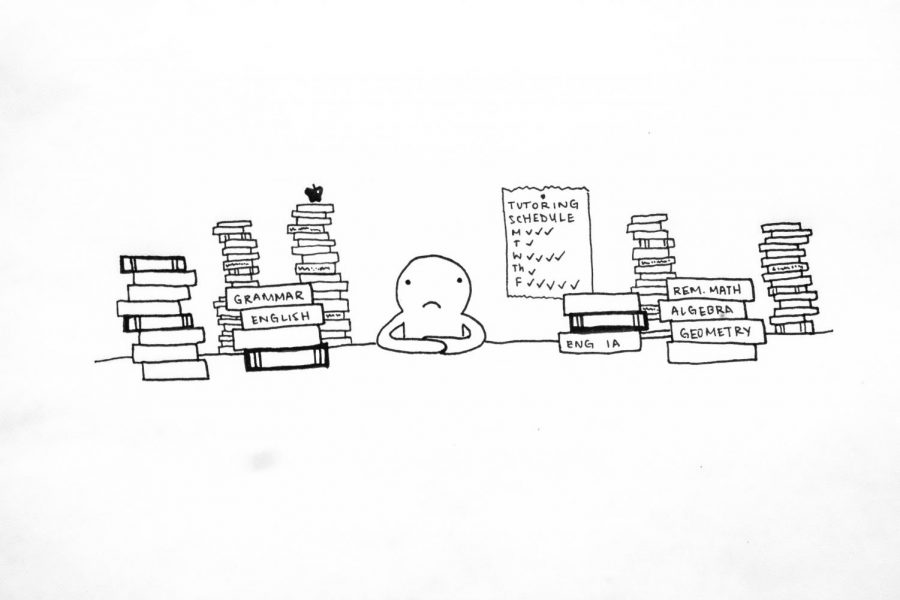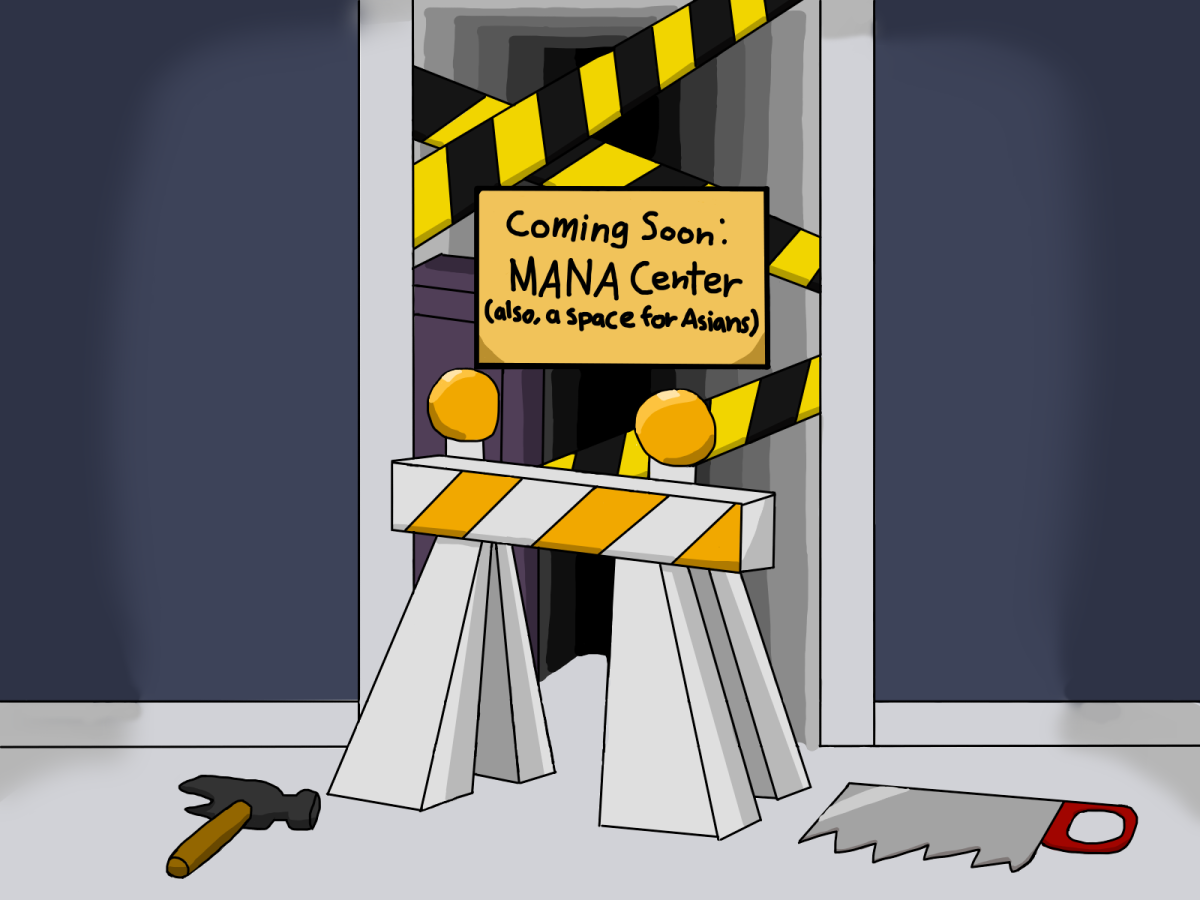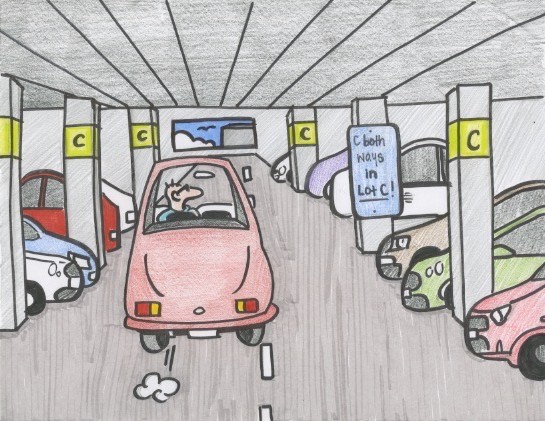If passed, California Assembly Bill No. 705 would “prohibit a community college district or college from requiring students to enroll in remedial English or mathematics coursework that lengthens their time to complete a degree unless placement research that includes consideration of high school grade point average and coursework shows that those students are highly unlikely to succeed in transfer-level coursework in English and mathematics.”
In other words, community colleges would be required to enroll students into college level courses regardless of placement test scores in order to minimize the time it takes for them to earn their degree.
While this may seem like a positive to students who struggle with test taking, many students require remedial classes in order to be successful in future courses.
This legislation could result in a higher percentage of F’s and W’s in college level courses due to the fact that students would be entering them without the sufficient preparation they would have received in remedial and prerequisite classes. This would lead to a student repeating a course one or more times before earning the course credit and ultimately delaying the time it would take for them to earn their degree, thus fueling the initial problem this bill is trying to solve.
If California implements this, it would be imperative to move funds toward refined and accessible resources on community college campuses in order to guarantee students are successful in their classes, such as tutoring, workshops and peer mentorship initiatives.
The pressure would be on public high schools to ensure that students are prepared for college level classes, which in turn would require more funding, specialty teachers and classroom space—facets that many California public high schools do not have the money or room to incorporate, especially in the Greater Los Angeles Area. Since both California public high schools and California community colleges are funded from the same pool of reserve, it would save more money and time for the current remedial class system to remain in place.
While there is always room for improvement, there must be, however, a more efficient, cost-saving alternative to cutting a majority of remedial classes all together.
Let’s not try to fix what isn’t broken, California. Let’s focus on improving on what we already have.















